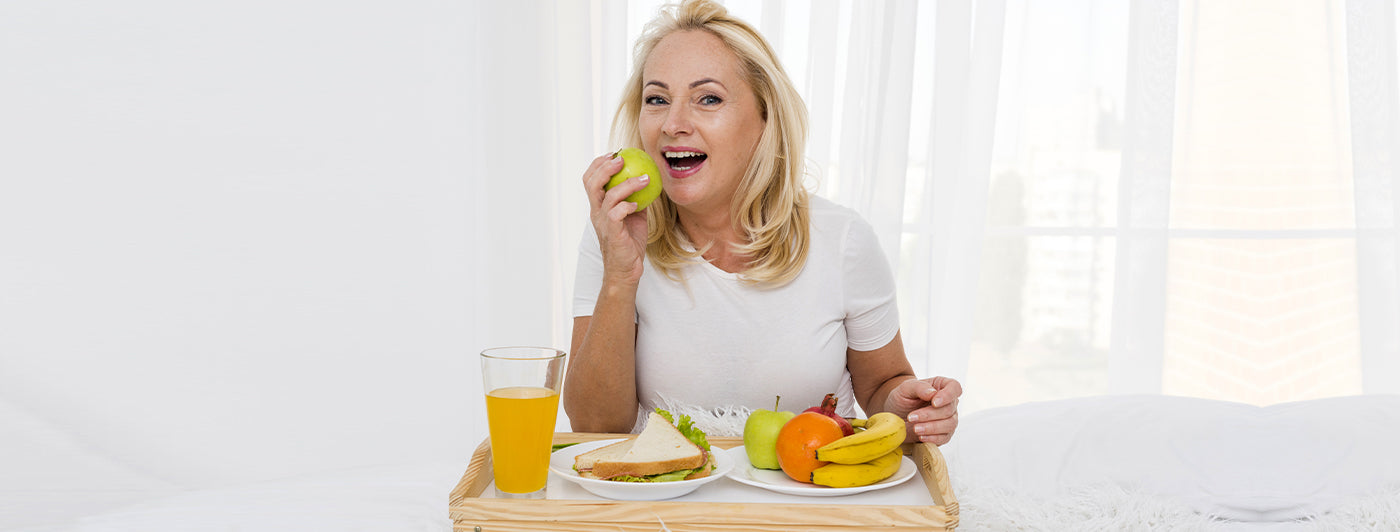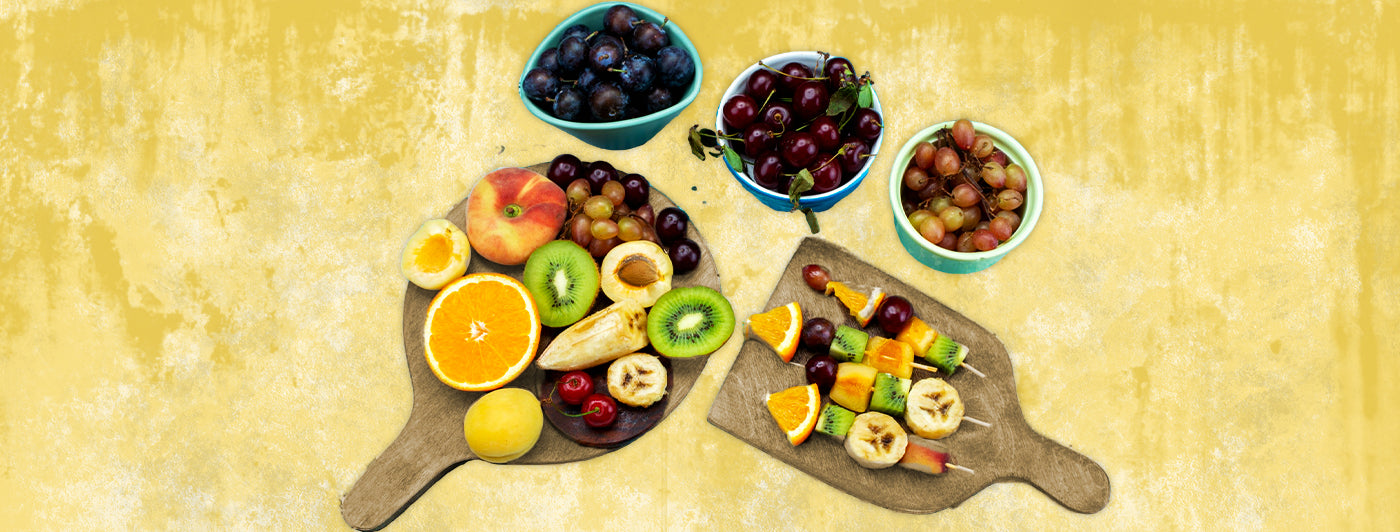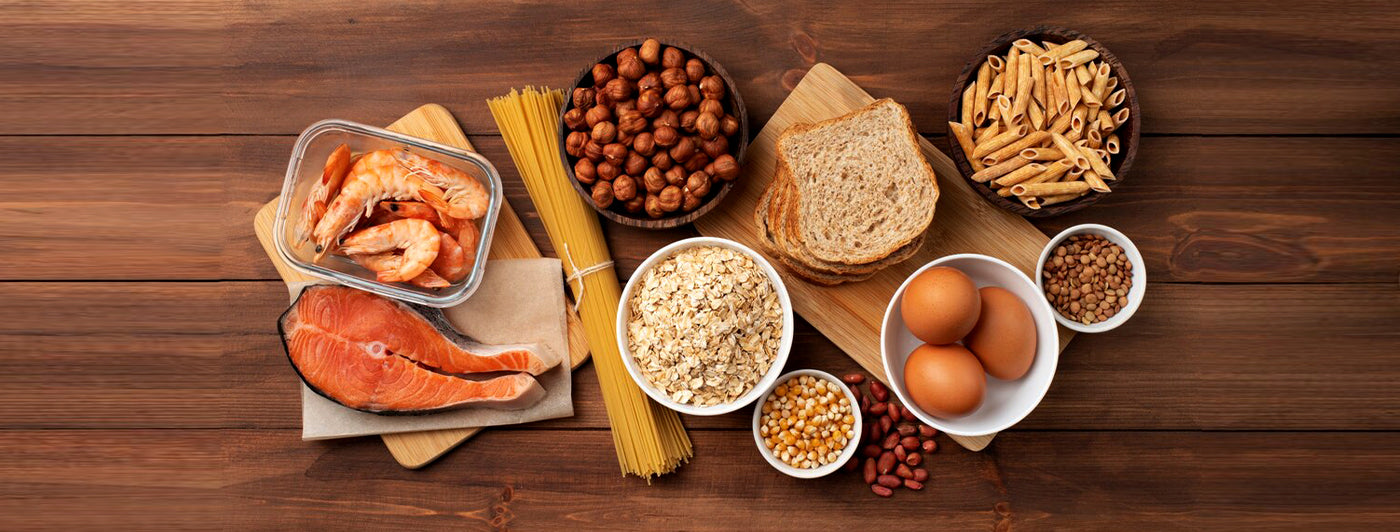Aging gracefully requires a diet that supports health, energy, and overall wellness. An Indian-inspired 7 day meal plan for elderly individuals can provide the nutrients needed for healthy aging while incorporating familiar, flavorful dishes. This plan focuses on vegetarian and non-vegetarian options, emphasizing traditional Indian foods enriched with essential nutrients.
The Importance of Nutrition in Aging
Nutrition plays a pivotal role in maintaining vitality and reducing the risk of chronic illnesses.One critical factor to consider is how the lack of protein causes muscle loss, reduced strength, and slower recovery. Incorporating protein and other key nutrients into an Indian diet plan for old age can significantly enhance quality of life. A thoughtfully designed 7 day meal plan for elderly individuals can help address these nutritional needs effectively. Foods rich in fiber, vitamins, and healthy fats, such as dals, fresh vegetables, and whole grains, can form the backbone of a balanced diet.
Key Nutrients for Elderly Wellness
Before diving into the Indian 7 day meal plan for elderly, let’s outline the essential nutrients:

-
Protein: Found in dals, paneer, eggs, and legumes.
-
Calcium and Vitamin D: Essential for bone health; available in dairy products, leafy greens, and fortified foods.
-
Fiber: Aids digestion; abundant in whole grains, vegetables, and fruits.
-
Healthy Fats: Supports brain and heart health; present in nuts, seeds, and oils like mustard or groundnut oil.
-
Iron and B Vitamins: Improve energy levels and are found in leafy greens, lentils, and fortified cereals.
Incorporating these nutrients into a 7 day meal plan for elderly individuals ensures a balanced diet that supports overall health.
7 Day Meal Plan for Elderly
A well-structured 7 day meal plan for elderly individuals includes a variety of nutritious foods tailored to meet their dietary requirements.
Day 1
-
Breakfast: Moong dal chilla with mint chutney and a glass of warm turmeric milk.
-
Snack: A handful of roasted makhanas.
-
Lunch: Palak paneer, brown rice, and cucumber raita.
-
Snack: Fresh fruit salad with papaya and banana.
-
Dinner: Mixed vegetable soup with whole-wheat roti.
Day 2
-
Breakfast: Masala poha with peanuts and grated carrots.
-
Snack: A small bowl of yogurt with a sprinkle of flaxseeds.
-
Lunch: Dal tadka, jeera rice, and sautéed green beans.
-
Snack: A handful of almonds and walnuts.
-
Dinner: Besan kadhi with steamed rice and a side of sautéed spinach.
Day 3
-
Breakfast: Upma made with semolina, vegetables, and curry leaves.
-
Snack: A glass of buttermilk spiced with cumin and coriander.
-
Lunch: Dal makhani, red rice, and a side of stir-fried greens.
-
Snack: A smoothie made with spinach, banana, and plant based protein powder.
-
Dinner: Khichdi made with moong dal and a side of roasted papad.
Day 4
-
Breakfast: Paratha stuffed with boiled potato and spinach, served with curd.
-
Snack: Fresh coconut water and a handful of peanuts.
-
Lunch: Rajma curry with brown rice and a side of sautéed cabbage.
-
Snack: A boiled egg or a bowl of sprouts chaat.
-
Dinner: Bhindi masala with jowar roti and a small serving of dahi.
Day 5
-
Breakfast: Idli with coconut chutney and sambar.
-
Snack: A glass of warm milk with a pinch of saffron.
-
Lunch: Vegetable curry with whole-wheat roti and a mixed salad.
-
Snack: A small bowl of roasted chana.
-
Dinner: Bottle gourd (lauki) curry with bajra roti.
Day 6
-
Breakfast: Dalia (broken wheat porridge) cooked with milk and topped with almonds.
-
Snack: A banana and a handful of sunflower seeds.
-
Lunch: Methi paratha with curd and a side of pickle.
-
Snack: A small bowl of mixed fruits.
-
Dinner: Moong dal khichdi with steamed vegetables and a spoonful of ghee.
Day 7
-
Breakfast: Besan cheela with grated carrots and a glass of masala chai.
-
Snack: A handful of dates and roasted seeds.
-
Lunch: Mixed vegetable curry, red rice, and a side of sautéed spinach.
-
Snack: A smoothie made with almond milk and a scoop of plant based protein powder.
-
Dinner: Vegetable biryani with cucumber raita.
Practical Tips for Indian Meal Planning
A 7 day meal plan for elderly works best with these simple tips:
-
Seasonal Foods: Use fresh, local produce for better flavor and nutrients.
-
Hydration: Include herbal teas, coconut water, and buttermilk to stay hydrated.
-
Portion Control: Serve smaller, frequent meals to aid digestion and appetite.
The Role of Protein in Elderly Diets
Protein is a key nutrient for maintaining muscle mass, strength, and overall functionality, especially in older adults. Age-related muscle loss, known as sarcopenia, can lead to reduced mobility and an increased risk of falls. Including adequate protein in daily meals helps combat this loss, improves recovery from illnesses, and supports a robust immune system.
For vegetarians, options like dals, paneer, and protein powder for elderly provide excellent sources of protein. Legumes such as rajma and chana can also contribute to a balanced diet. These options are gentle on digestion and versatile enough to incorporate into traditional Indian meals.
Non-vegetarians can add eggs, fish, and chicken to their meals to ensure a complete protein profile. By mindfully incorporating these protein sources, elderly individuals can maintain their physical strength and enhance their overall quality of life.
Conclusion
A thoughtfully designed 7 day meal plan for elderly focused on Indian cuisine provides the flavors, nutrients, and variety necessary for healthy aging. By incorporating protein-rich dals, fresh vegetables, whole grains, and healthy fats, seniors can maintain their health and vitality. To ensure they meet their daily protein requirements, especially in cases of reduced appetite or dietary restrictions, incorporating a high-quality protein powder can be highly beneficial. Implementing such a plan can transform daily eating habits into a powerful tool for wellness and longevity.











